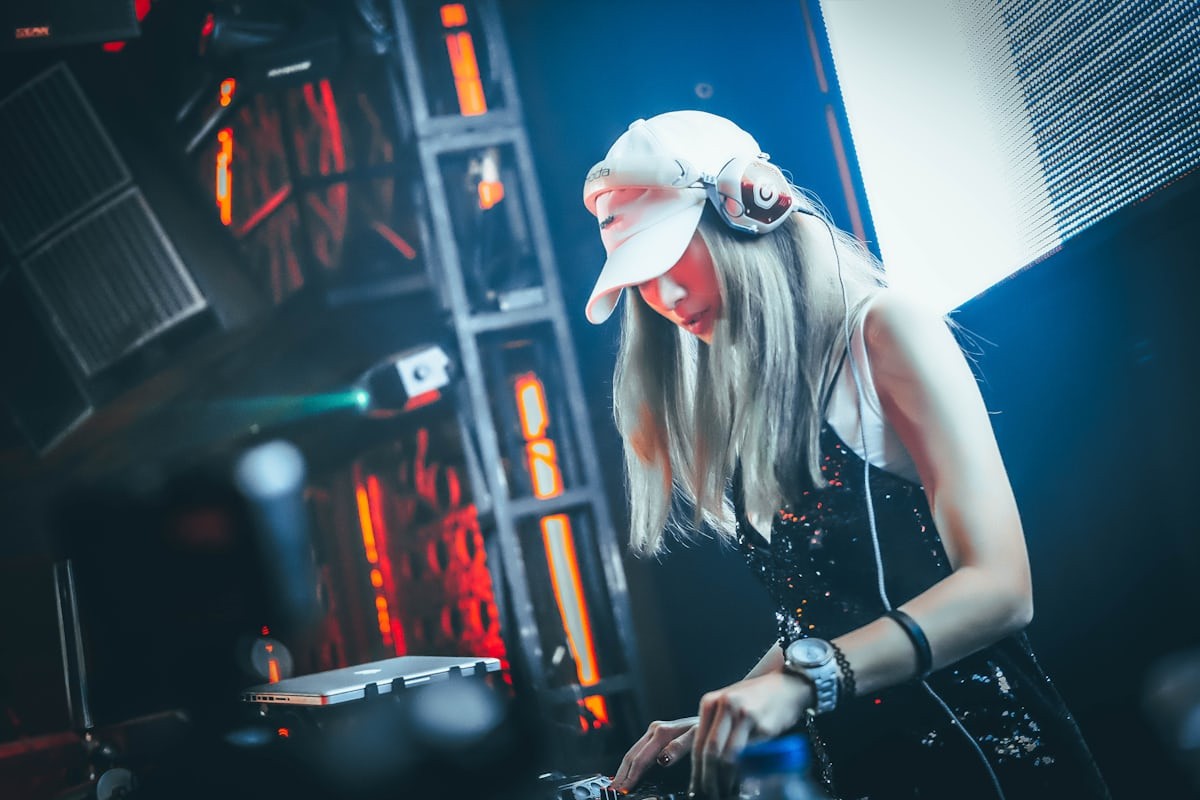Bunkers, Passports, and Armageddon Portfolios: The Billionaires Preparing for an AI-Driven Endgame
A new doomsday trend has taken root among the world’s tech billionaires: extensive bunkers, passports, and emergency reserves as society itself feels precarious in the age of AI. The BBC reports that the fear of AI-driven collapse is pushing the elite to prepare—and sometimes to retreat. In 2023, Wired noted Mark Zuckerberg was breaking ground on a roughly 5,000-square-foot underground facility on his Kauai compound, described by him as a 'little shelter' rather than a bunker, built on sacred ground. Back in 2017, Peter Thiel reportedly obtained a New Zealand passport and owns a vast property there with plans to flee if civilization unravels. OpenAI's Sam Altman is also tied to the trend; he stocks guns, gold, and spread-out properties as a hedge against an AI apocalypse, a stance he has acknowledged in interviews.
In This Article:
AGI Fear Fuels the Bunker Mindset
The race to dominate AI has sparked a new kind of existential dread among tech leaders. OpenAI's Sam Altman and former OpenAI chief scientist Ilya Sutskever have warned that artificial general intelligence could upend the world as we know it. “We’re definitely going to build a bunker before we release AGI,” Sutskever reportedly told the OpenAI team, a line cited in Karen Hao’s Empire of AI. Wendy Hall, a professor of computer science at Southampton University, notes that predictions in the field tend to shift—“move the goalposts”—and that many in the scientific community say AI is impressive but nowhere near human intelligence.
Generative AI and Real-Life Consequences
Generative AI tools can blur truth and reality. For example, video generators like Sora 2 show how easy it is to create convincing content that misleads viewers. Public tools such as ChatGPT and AI companions on Character.AI are used for therapy, life advice, conversation, friendship, and even romance—often with real-world fallout. There are stories of divorce and custody battles, job losses, homelessness, involuntary commitment, or even jail time linked to obsessive AI interactions, including among minors. The energy and resource demands of building, training, and powering AI also weigh on the environment, and automation threatens many jobs already.

Two Futures, One Path: Utopian AI or Catastrophe
Many AI leaders paint a utopian future: universal basic income, cures for disease, and climate relief powered by AI. Others warn the outcome depends on which company wins the AI arms race—and how society chooses to use or regulate the technology. Despite the uncertainty, the ultrarich can shelter themselves from the fallout with their wealth and influence.

A Paradox of Power: The Elite at the Edge of AI
The article underscores a paradox: the people driving the AI race are also the ones most equipped to endure whatever comes next. From private bunkers to passports, firearms, property, and gold, they have the means to ride out the consequences of their own actions while the rest of society confronts shifts in work, truth, and relationships. The tension remains: will AI save humanity or destroy it—and who gets to decide the outcome?


